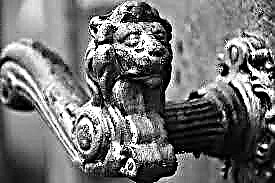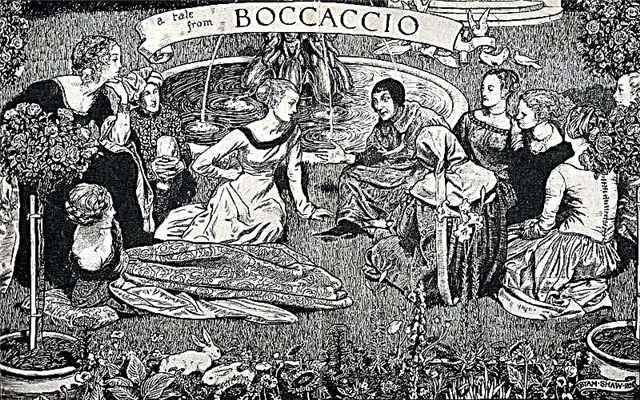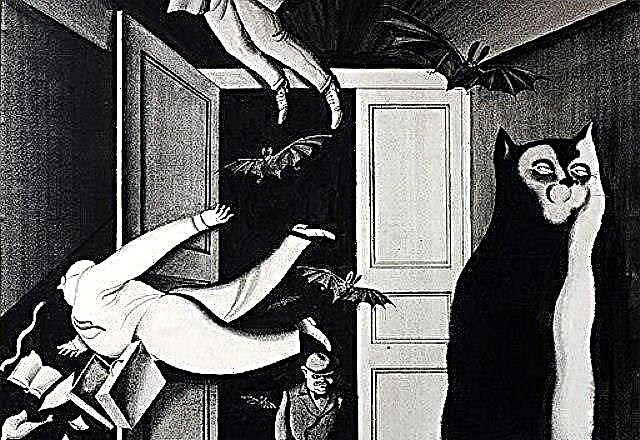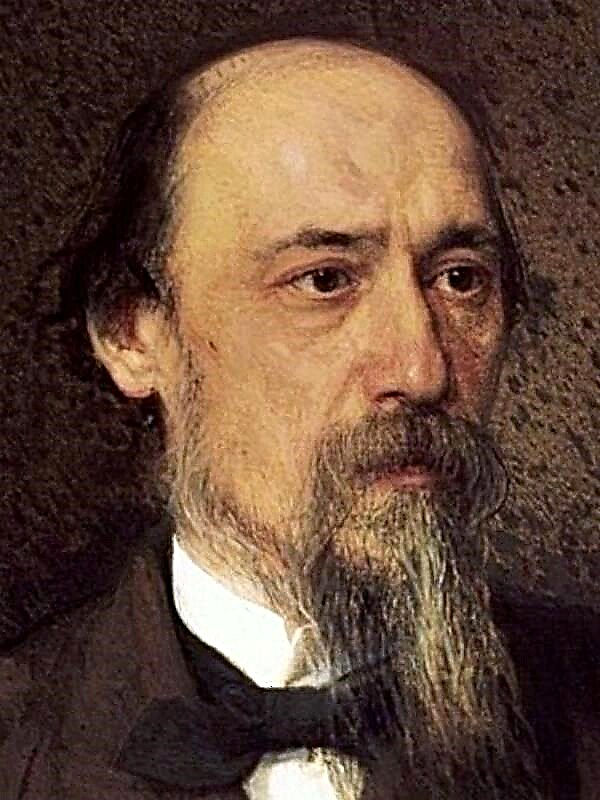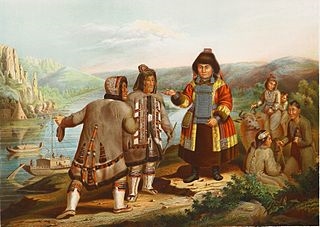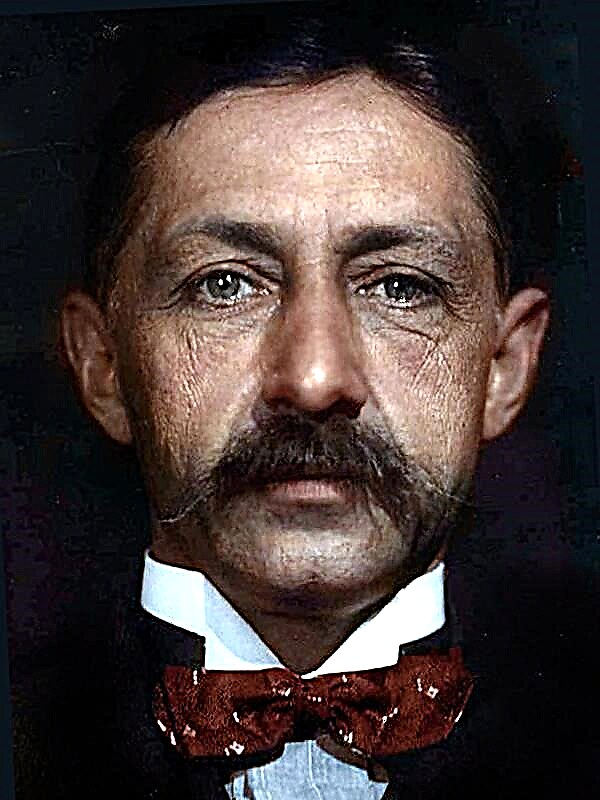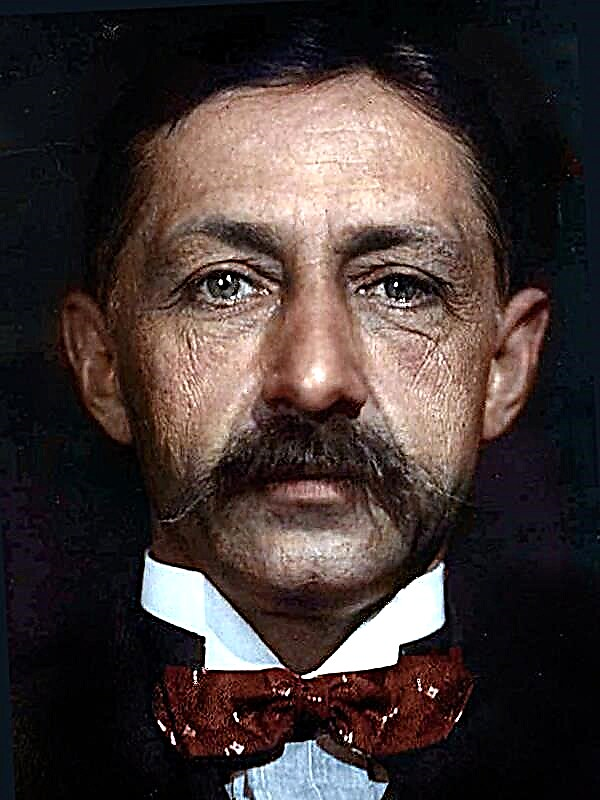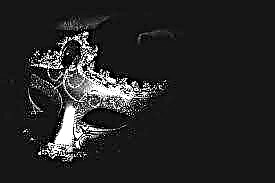Rod Hari is an ancient Indian epic poem in 3 books, considered an annex to the Mahabharata. The first and third books of the poem set forth the most important Hindu myths about creation, the origin of gods and demons, the legendary kings of the Solar and Moon dynasties, earthly incarnations for the salvation of the world (avatars) of the god Vishnu, or Hari (letters. “Brown”, possibly “Redeemer”), in the guise of a boar, a lion and a dwarf man, etc., and the second book tells about the most revered incarnation of Vishnu-Hari as Krishna
In the city of Mathura, the cruel demon asura Kansa reigns. He was predicted to die at the hands of the eighth son of his cousin Devaki, the wife of the Venomous king of Vasudeva, and therefore he imprisons Devaki and Vasudeva, and kills their first six sons as soon as they are born. The seventh son, Balarama, was saved by the sleep goddess Nidra, who, even before he was born, transferred the conceived fetus to the womb of Vasudeva's other wife, Rohini, and the eighth, Krishna, was secretly given to the shepherd Nanda and his wife Yasoda immediately after birth. Soon Balarama fell into the family of Nanda, and both brothers grow up among shepherds and shepherdesses in the sunny forest of Vrindavan on the banks of the full river Yamuna. Already in his youth, Krishna performs unprecedented feats. He forces the serpent king Kaliya, poisoning the waters of the Yamuna, to leave the river; kills asura Dhenduk, harassing and intimidating shepherds; pierces the evil bull demon Arishta with his own horn; during a thunderstorm sent down by the god Indra, tears Govardhana Mountain out of the ground and for seven days holds it in the form of an umbrella over the shepherds and herds of their cows.
Krishna’s exploits, and even more his beauty, cheerful disposition, skill in dancing and playing the flute, attract the hearts of young cowherd boys, and in the Vrndavana forest their joyful exclamations are heard all the time when Krishna starts various kinds of games with them and performs round dances, their passionate confessions are heard when he indulges in love with them, and their woeful complaints when he leaves them.
Having learned about the deeds and deeds of Krishna, Kansa realizes that the son of Devaki remained alive, and invites Krishna and Balarama to fist competitions in Mathura. Against his brothers, he makes powerful asuras demons an adversary, but Krishna and Balarama easily defeat them all, throwing them to the ground with crushing blows. When Kansa, annoyed, orders to expel Krishna and all the shepherds from his kingdom, Krishna, like an angry lion, rushes to Kansa, drags him into the arena and kills him. Kansa is trying to avenge his father-in-law Jarasandha's death. He gathers a myriad army that besieges Mathura, but soon finds himself completely defeated by a venomous army led by Krishna.
Soon, news arrives in Mathura that King Vidarbha Bhishmaka is going to marry his daughter Rukmini to King Chedi Sisupalu. Meanwhile, Krishna and Rukmini secretly love each other for a long time, and on the wedding day appointed by Bhismakoy, Krishna takes the bride away in a chariot. Sisupala, Jarasandha, the brother of Rukmini Rukman are persecuting Krishna, trying to return Rukmini, but Krishna and Balarama are fleeing them. The wedding of Krishna and Rukmini is celebrated in the newly built Krishna, the new capital of the Yadavas - Dvaraka. From Rukmini, Krishna has ten sons, and later sixteen thousand other wives give birth to many more thousands of children. For many years, Krishna happily lives in Dvaraka and continues to exterminate the demons asuras, thereby fulfilling his divine mission on earth. Among the demons killed by him, the most powerful were Naraka. stole the earrings from the mother of the gods Aditi, and Nikumbha, who possessed the magical gift of reincarnation. Krishna is also ready to destroy the thousand-armed king of the asuras of Bana, but the god Shiva protects him, who comes to the aid of Bana and himself enters into a duel with Krishna. The fight is ended by the supreme god Brahma, he appears on the battlefield and reveals the great truth that Shiva and Krishna, the incarnation of Vishnu, are ultimately consubstantial.

